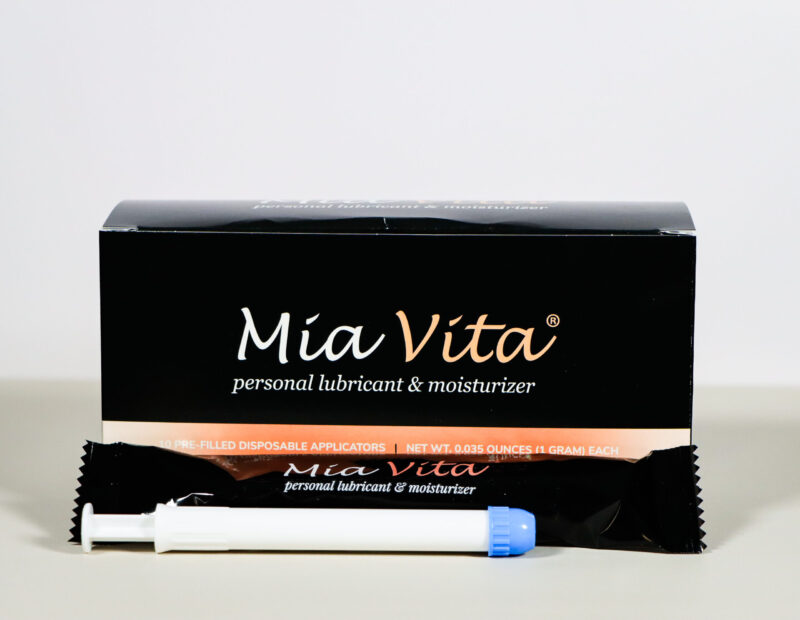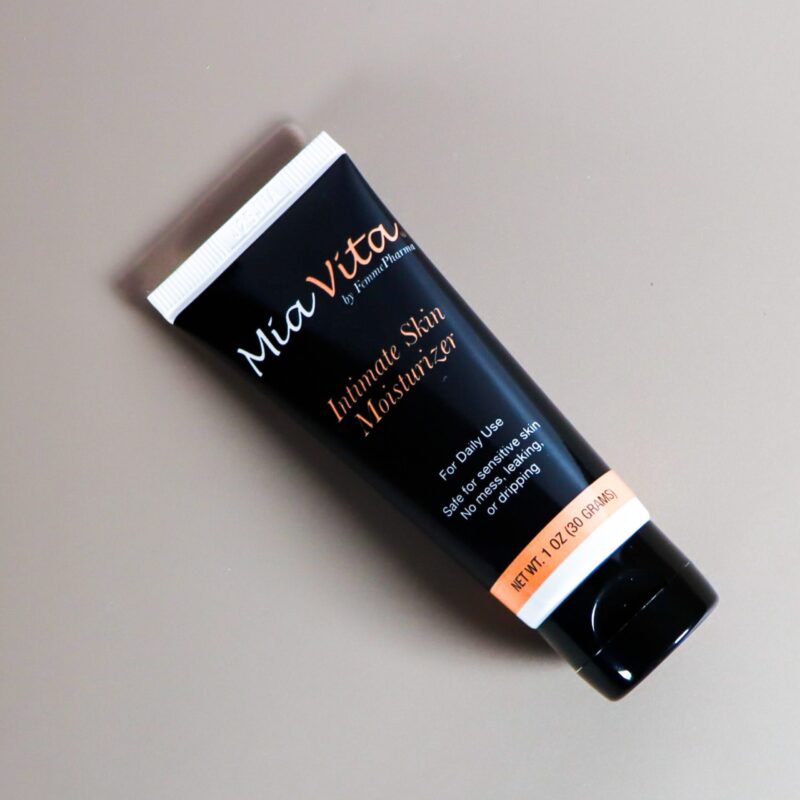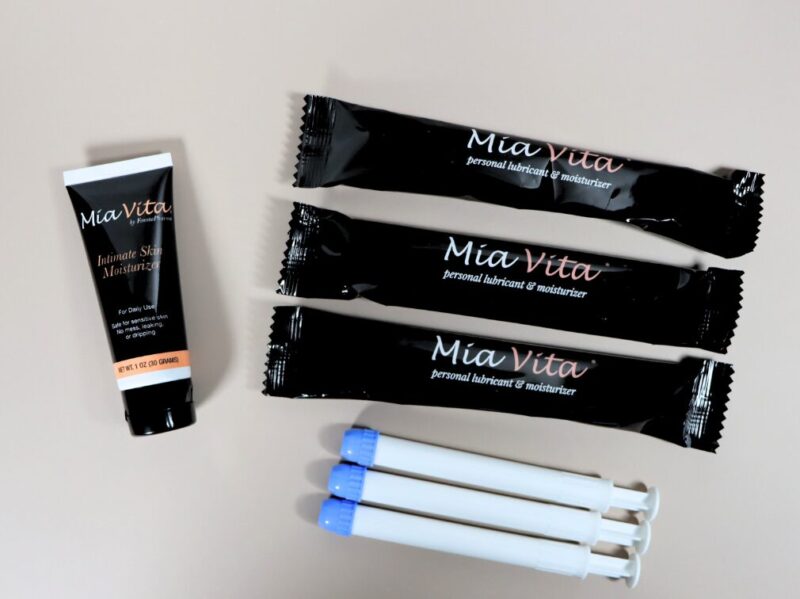Menopause is not perimenopause, and perimenopause is not menopause. If that sentence gives you a pause, you’re not alone. Menopause can often become an umbrella term for the three distinct stages most all women pass through once ovarian function begins to decline. But that’s not entirely true, although people often use menopause and its related terms interchangeably, promoting further confusion. So, let’s set the record straight and dive into the similarities and differences between menopause and perimenopause.
What is perimenopause?
Your body enters perimenopause when your estrogen levels decrease. It’s a normal process that affects all women. Perimenopause typically begins in a woman’s mid-40s to early 50s, though it can begin as early as a woman’s mid-30s. Some people refer to perimenopause as the menopausal transition (not to be confused with menopause itself).
How early you enter perimenopause can also depend on your genetics and risk factors, such as prior cancer treatment, a hysterectomy (removal of your uterus), smoking, or a family history of early perimenopause. Perimenopause can last as little as a few months and as long as ten years, though most women report perimenopause lasting between four to eight years.
What are the symptoms of perimenopause?
Your ovaries produce estrogen, and during perimenopause, they produce less and less. With fluctuating levels of estrogen and progesterone, another hormone responsible for managing your reproductive system, your regular menstrual cycle may change, becoming lighter, heavier, longer, or shorter. Irregular periods are often the tell-tale sign that you’ve entered perimenopause.
Along with menstrual cycle changes, difficulty sleeping and poor sleep quality are among the most common symptoms of perimenopause; between 33-51% of women report more insomnia and changes to their sleep quality during the menopause transition. Other indicators you’re in perimenopause include vasomotor symptoms (hot flashes), vaginal dryness, lower libido, and brain fog.
Symptoms of perimenopause vary significantly between women. Some may have little to no symptoms, and others may have many that affect their day-to-day routines. However, almost 90% of women will ask for help managing perimenopause symptoms, and up to 80% specifically report vasomotor symptoms. Why do some women experience perimenopausal symptoms and others don’t? Researchers continue to investigate, though they suspect it’s a combination of genetics, your environment, and physical traits.
How does perimenopause impact your mental health?
An often overlooked symptom of perimenopause? Mood changes. Perimenopausal symptoms include both physical and mental changes. Low and fluctuating estrogen levels can cause low moods, such as sadness and depression, and irritability. Not to mention, a woman’s 40s and 50s can be full of career milestones, raising a family, and other significant life events that can impact mental health, too.
However, some women do not seek mental health treatment as they see mood changes as unrelated to the hormonal transition or just a result of life’s regular stressors. Awareness of the connection between mental health and the menopausal transition is vital for a woman’s health and wellbeing.
What is menopause?
In contrast to perimenopause, or the menopausal transition, menopause lasts for a grand total of one day. And you can only determine you’ve passed the menopause milestone after the fact. Why? Clinically speaking, a woman reaches menopause after she’s no longer had a period for twelve consecutive months. Afterward, she enters a period known as postmenopause.
So, you can only find out you’ve reached menopause once you’re in postmenopause. That’s why it’s incorrect to say you’re in menopause when you’re still in perimenopause. And because of significant hormone fluctuations during perimenopause, some women can go nine or ten months without a period before it returns, starting the clock over again.
Once you’ve reached (or passed) menopause, your ovaries no longer produce or release eggs, and you no longer have a period. For some women, this can be a celebratory milestone as hot flashes and other uncomfortable symptoms of perimenopause often decrease.
What happens after you pass through menopause?
Once you’ve passed menopause and entered postmenopause, it’s essential to keep an eye out for certain risk factors. Estrogen helps protect your bones, which means in postmenopause, your risk for osteoporosis, or weakening bones, can rise. You may also be more at risk for certain heart diseases after menopause.
How to care for your body during the menopausal transition.
You do not need to endure uncomfortable symptoms during perimenopause or after menopause should symptoms linger. Options for relief are available, such as personal lubricants and moisturizers and hot flash relief supplements. You can also try natural sleep supplements that contain L-theanine and GABA, two amino acids known to promote calm and deep sleep.
Eating healthy, plant-focused meals, prioritizing regular movement, and taking steps to reduce stress are also helpful in reducing perimenopausal symptoms. Watch for what may trigger more symptoms, too, such as drinking large amounts of alcohol, caffeine or not getting enough exercise. If you continue to experience symptoms or want to discuss your particular health concerns further, make an appointment with your healthcare provider to discuss your options.
FemmePharma has been helping women navigate menopause for over two decades. No matter where you are in your journey, you deserve to have knowledgeable, intimate healthcare partners to help you feel your best. Explore our other articles, podcast episodes with women’s health experts, and products to ease your transition into menopause.



